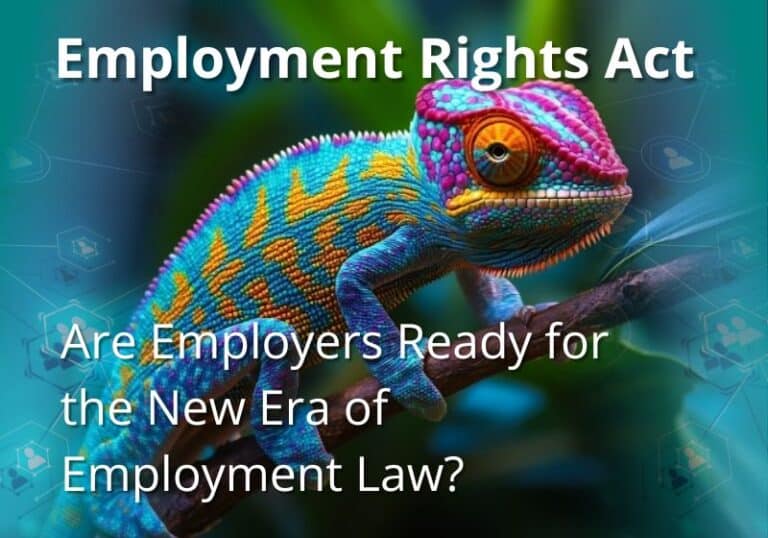Hiring Apprentices: Your Legal Responsibilities

Hiring an apprentice is a brilliant way of growing your team and at the same time giving a young person valuable employment and training.
Apprenticeships cover many different employment roles in a diverse range of sectors and offer qualifications from intermediate level right through to higher and degree level. Because of this they are an increasingly popular alternative to university, as they offer bright young people a chance to earn while they learn.
Before you recruit an apprentice, it is worth taking professional HR advice to ensure you’re meeting all your legal responsibilities and getting the best from this opportunity.
Many of HR:4UK’s clients have apprentices on their payroll, so our consultants are very used to giving specific advice in this HR area.
One of the questions we’re often asked concerns apprentice pay rates and for how long they can be paid. There is a lot of information on apprentice pay and conditions on the GOV.UK website www.gov.uk/take-on-an-apprentice, but essentially, all apprentices should, by law, be paid at least the national minimum wage. The hourly rate for apprentices aged under 19, and for those over 19 in the first year of their apprenticeship, currently stands at £3.90, with this set to rise to £4.15 from April.
Your apprentices must also get the chance to learn job-specific skills, work with experienced staff and get paid study time during their working week either at college or via a training organisation. They must also be offered the same benefits, including paid holidays and sick pay, as employees working in similar roles or on similar grades. Also, apprentices must work towards an approved apprenticeship standard or framework and their training must last for at least one year. The government has a search tool to find a framework that’s right for your business Gov.uk
All apprentices must sign an employment contract. This again is an important area where we can provide guidance. Some employers use a standard employment contract for their apprentices, and while this is acceptable, we’d highly recommend an apprentice master contract instead. An apprentice contract is slightly different in that it puts in writing the training and study element of the employment, i.e. that the employer agrees to train the apprentice and the apprentice agrees to learn.
Normal employment contracts don’t always cover these specifics. We also advise that employers opt for a fixed term contract in case there isn’t a job available at the end of the apprenticeship.
What happens if an apprenticeship isn’t working out? They could be regularly late, frequently absent or not performing as well as expected. Depending on the circumstances, we usually advise employers to be patient with the apprentice. Most apprentices are totally new to the world of work and may take time to settle in. It’s up to the employer to mould them and teach them, especially if the young person has only just left school or college.
Communicate clearly and regularly and create a supportive environment where your apprentice is not afraid to ask questions and speak up if there is something they don’t know or understand.
It’s also important that you forge a good relationship with your apprenticeship training provider. Have good, regular contact with them so you always have the latest information on your apprentice’s progress.
Ask to be kept updated of the modules your employee is working on so that they’re able to apply the practical knowledge and theory they’ve learnt in your workplace. Have an input, too, in the feedback the training provider gives your apprentice so he or she can see your business is engaging with them.
Stay on top of the paperwork to ensure you have copies of review documents so you can provide support to the apprentice as required.
As you can see, employing an apprentice is slightly different from taking on an older, more experienced employee, but the benefits for both parties can make apprenticeships a route well worth exploring.
For a closer look at this topic, explore our additional content
For more guidance, contact HR:4UK today 01455 444222.
Angela Clay
A qualified employment law solicitor and our managing director, Angela has unparalleled legal expertise and decades of experience and knowledge to draw from. She’s a passionate speaker and writer that loves to keep employers updated with upcoming changes to legislation, and is a regular guest speaker on BBC Leicester Radio.




